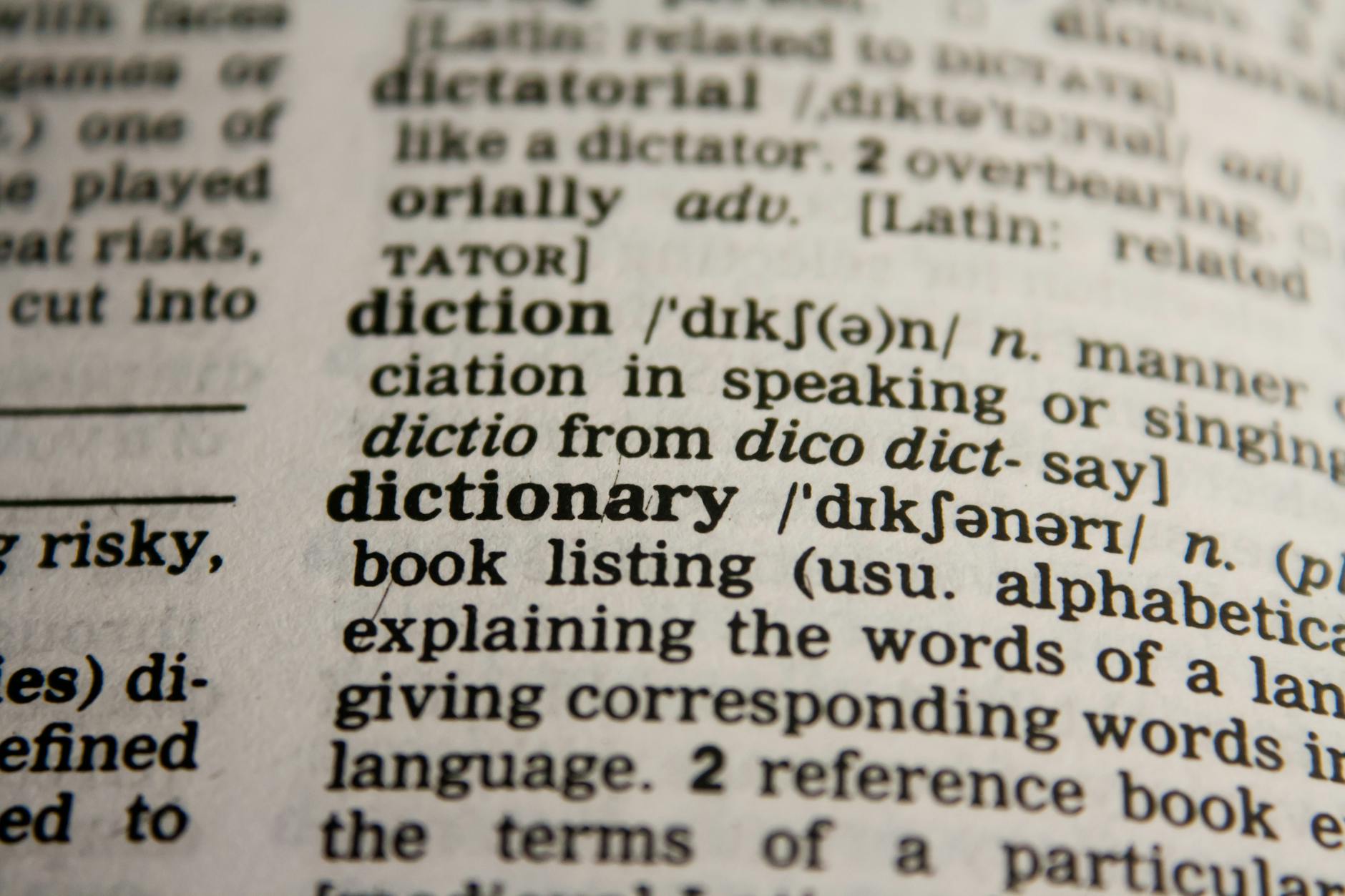Demystifying Real Estate Jargon: Understanding the Difference Between Conditions and Terms
Uncover the secrets of real estate lingo: Discover the hidden disparities between conditions and terms in this eye-opening guide!

Introduction
Buying or selling a property can be an overwhelming process, especially for those who are new to the real estate world. With a multitude of complex terms and jargon flying around, it’s easy to get confused and lost in the shuffle. Two common terms that often cause confusion are “conditions” and “terms.” While they may sound similar, they have distinct meanings and implications in the real estate realm.
Understanding Conditions in Real Estate
Definition and Purpose of Conditions
In the context of a real estate transaction, conditions are specific clauses or requirements that must be met before a deal can be finalized. These conditions protect both the buyer and the seller, outlining contingencies that need to be fulfilled to proceed with the transaction.
Types of Conditions
There are several common types of conditions that appear in real estate contracts:
1. Financing Conditions: These conditions relate to the buyer’s ability to secure financing. They ensure that the buyer can obtain a mortgage or loan to complete the purchase. If the buyer is unable to secure financing, the condition may allow them to back out of the deal without consequences.
2. Inspection Conditions: Inspection conditions give the buyer the right to have the property inspected by a professional. If any major issues or defects are discovered during the inspection, the buyer may negotiate repairs or request a price adjustment, or they may opt to withdraw from the deal altogether.
3. Sale of Existing Property Conditions: In situations where a buyer needs to sell their existing property to finance the purchase of a new one, a sale of existing property condition is often included. This condition ensures that the purchase of the new property is contingent on the successful sale of the buyer’s existing property within a specified timeframe.
Importance of Including Conditions in a Contract
Conditions provide protection for both buyers and sellers by outlining specific requirements that must be met. They allow for flexibility while ensuring that necessary obligations are fulfilled before the transaction can be completed. Including conditions in a contract provides a safety net for both parties and helps mitigate potential risks.
Examples and Common Scenarios
Let’s consider a hypothetical scenario to better understand the role of conditions in real estate.
Suppose a buyer makes an offer on a house, but they need to secure financing to complete the purchase. In this case, a financing condition would be included in the contract. If the buyer is unable to secure the necessary financing within a specified timeframe, the condition allows them to withdraw from the deal without any penalties.

Examining Terms in Real Estate
Definition and Role of Terms
Terms refer to the specific details and deadlines agreed upon by both the buyer and the seller. They outline the mutually agreed-upon conditions for the completion of the real estate transaction.
Common Terms in Real Estate Contracts
Let’s explore some of the most frequently encountered terms in real estate contracts:
Purchase Price
The purchase price is the agreed-upon amount that the buyer will pay to the seller for the property.
Closing Date
The closing date is the specific day on which the transaction will be finalized, and the property will officially change ownership.
Possession Date
The possession date is the day on which the buyer will take possession of the property and can move in.
Differences Between Conditions and Terms
While conditions outline the contingencies and requirements that must be met, terms define the specific details and deadlines for completing the transaction. Conditions focus on protecting both parties, while terms establish the framework for the actual purchase or sale.
The Significance of Negotiating Favorable Terms
Negotiating favorable terms is critical for both buyers and sellers. Buyers may aim to negotiate a lower purchase price or a longer closing period, while sellers may seek a shorter closing period or specific conditions for repairs or renovations. Favorable terms can make a significant difference in the overall satisfaction and success of a real estate transaction.
How Conditions and Terms Interact in Real Estate Transactions
The Interaction of Conditions and Terms in a Contract
Conditions and terms work hand in hand in a real estate contract. The conditions set forth in the contract must be satisfied by the specified deadline, and the agreed-upon terms outline the details surrounding the transaction, including the purchase price and closing date.
Ensuring Clear and Concise Communication of Conditions and Terms
It is crucial to ensure that both parties have a clear understanding of the conditions and terms in a real estate contract. Effective communication is key to avoiding misunderstandings and discrepancies that could potentially jeopardize the transaction. Consulting with a real estate professional or lawyer can help ensure that all aspects are clearly communicated and understood.
Common Issues and Pitfalls to Avoid
Real estate transactions can be complex, and a lack of understanding or misinterpretation of conditions and terms can lead to complications. Some common issues to watch out for include unclear language or vague conditions, unrealistic or unreasonable terms, and failure to meet deadlines for condition fulfillment or transaction completion. To navigate these potential pitfalls, seeking guidance from professionals and carefully reviewing all aspects of the contract is essential.
The Implications of Conditions and Terms on Real Estate Transactions
How Conditions Can Protect Buyers and Sellers
Conditions provide protection for both buyers and sellers by ensuring that certain prerequisites are met before the transaction can proceed. Buyers can use conditions to their advantage, safeguarding their finances and ensuring they are making a sound investment. Sellers benefit from conditions by having reassurance that the buyer is committed and financially capable of completing the transaction.

The Effect of Terms on Financing Options
Terms directly impact the financing options available to buyers. The agreed-upon terms, such as the purchase price, down payment, and closing costs, affect the amount the buyer needs to borrow and the interest rates they may be eligible for. Negotiating favorable terms can lead to more favorable financing options for buyers.
Negotiating Optimal Conditions and Terms for a Successful Transaction
A successful real estate transaction is often the result of careful negotiation and collaboration. Buyers and sellers should work together to establish conditions and terms that satisfy both parties. Open and honest communication, flexibility, and the willingness to compromise can help create an optimal agreement that ensures a smooth transaction for all involved.
Conclusion
In conclusion, while conditions and terms may sound similar in real estate, they have distinctive meanings and serve different purposes. Conditions provide contingencies and prerequisites that must be fulfilled before proceeding with a transaction, while terms outline the specific details and deadlines. Understanding the differences between conditions and terms is essential for both buyers and sellers. By leveraging favorable conditions and negotiating optimal terms, individuals can navigate real estate transactions with confidence, protecting their interests and ensuring a successful outcome.
Want to Sell You Home Fast?
If you want to sell your house fast, in the same condition and with no hassle, you might want to work with 9-Day Home Buyers. We are one of the best alternatives for homeowners who need to sell their homes fast, without any extra expenses. We buy houses in any state, location, or situation, and give you cash in as little as 9 days.
You don’t have to bother about fixing, showing, inspecting, or valuing your house. Just contact us and get a fair offer within a day. You can pick the closing date that works for you and move on with your life. Call us at (403) 774-7464 to learn more about our service and get a free offer.
